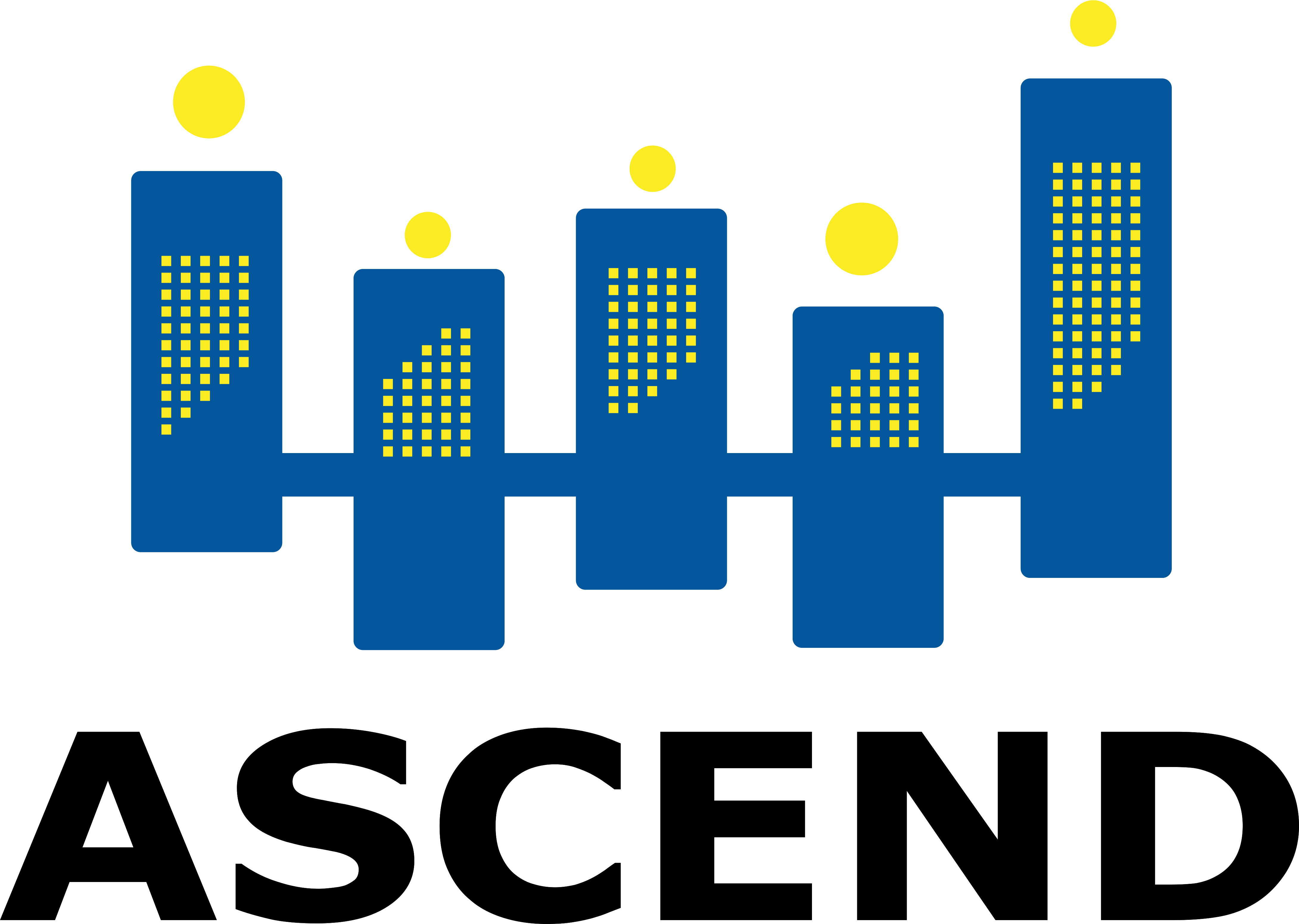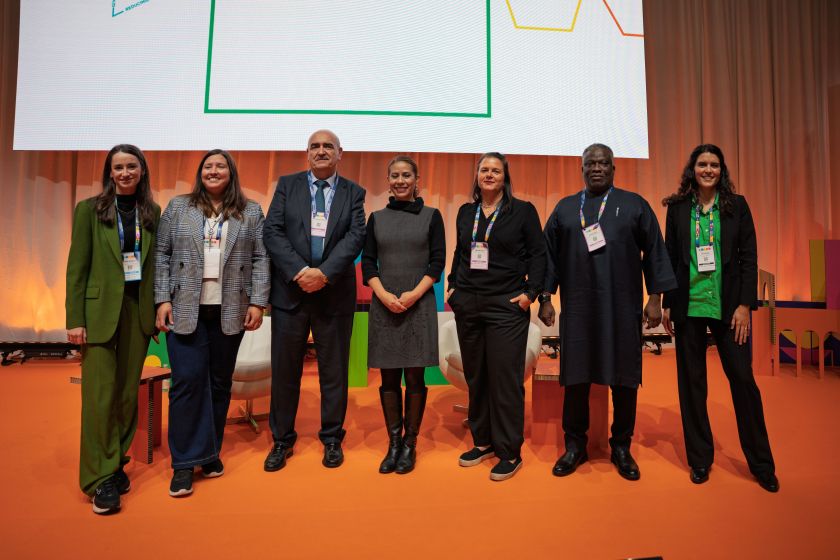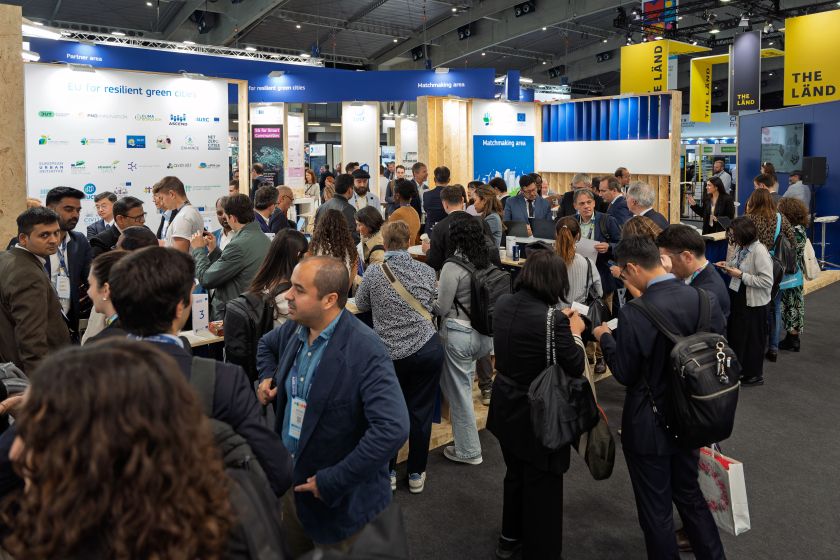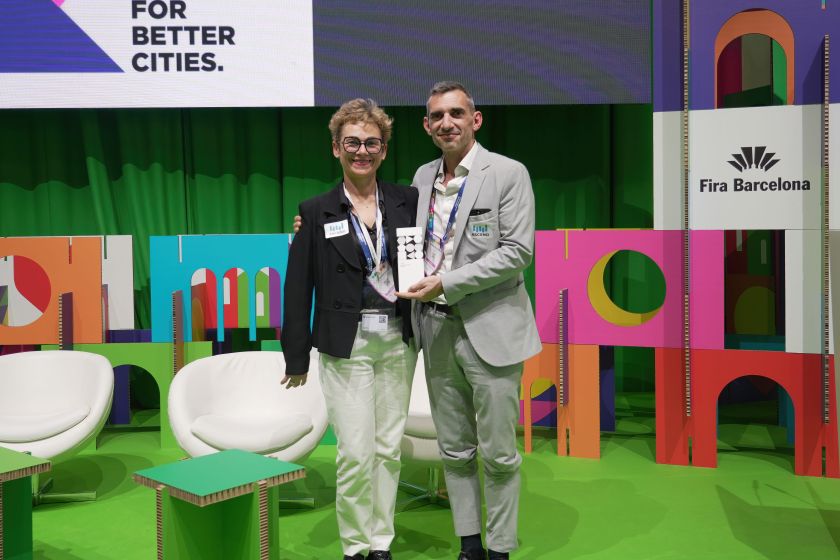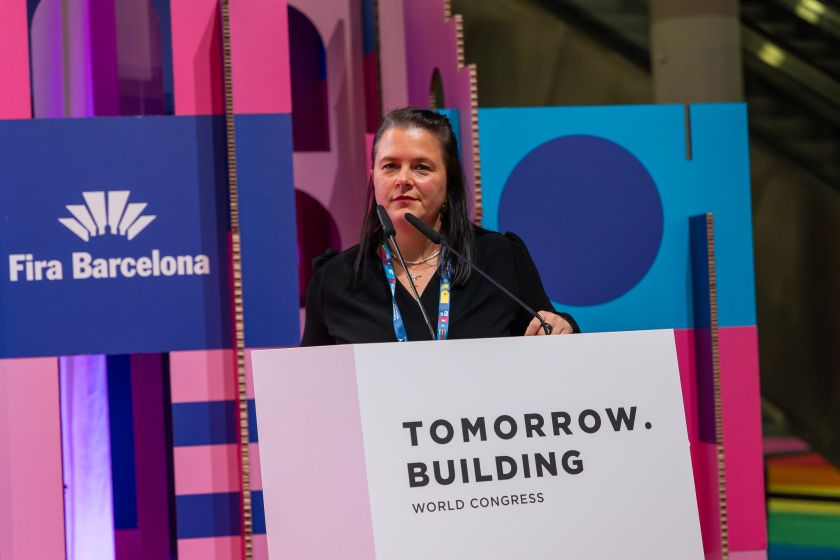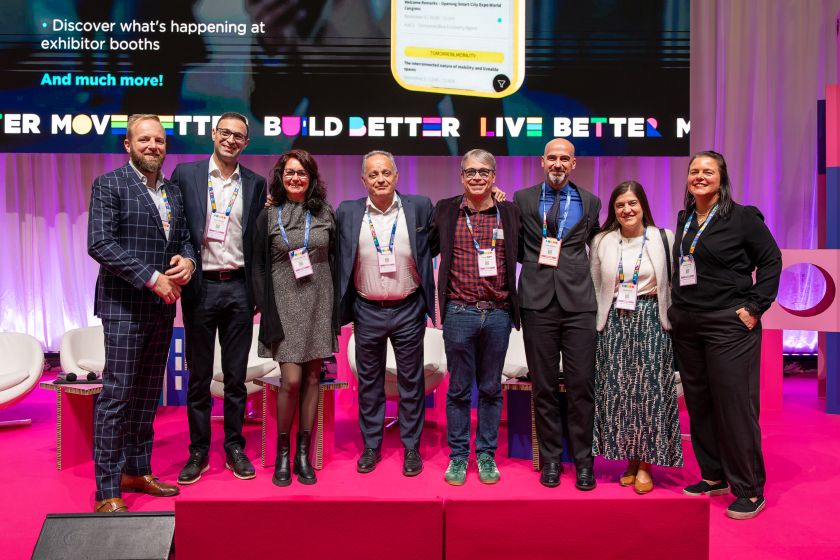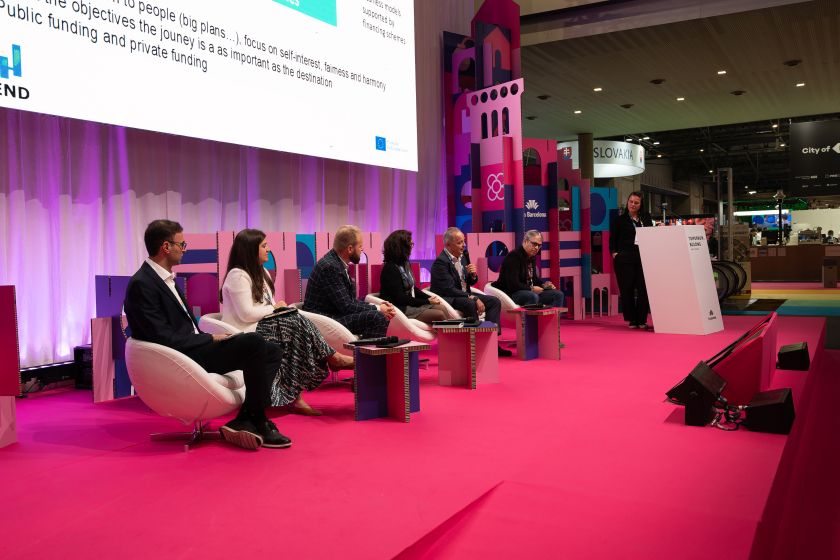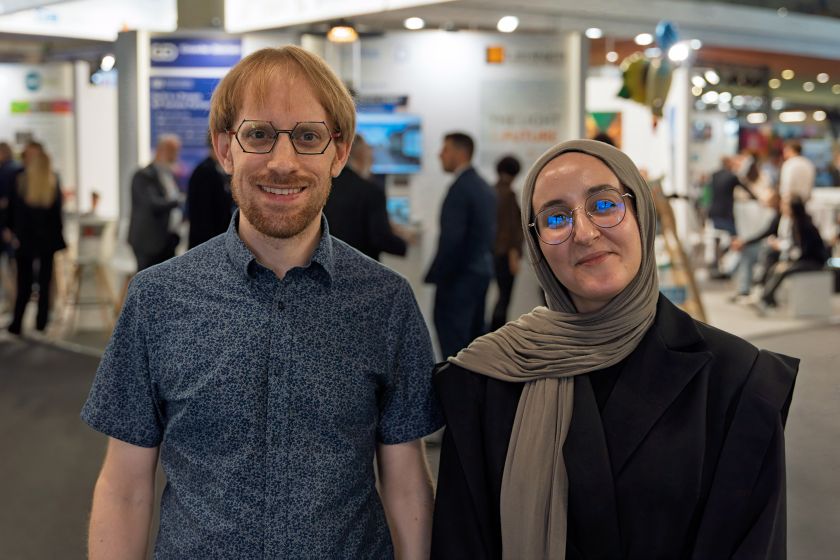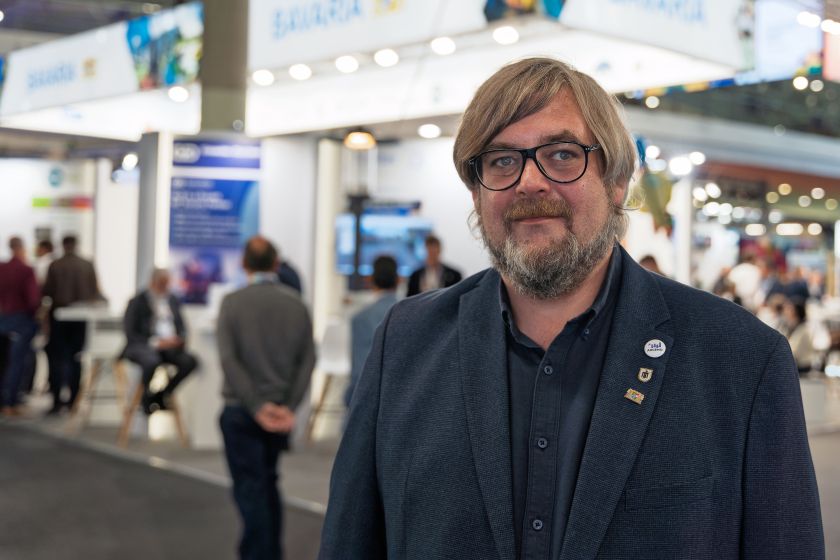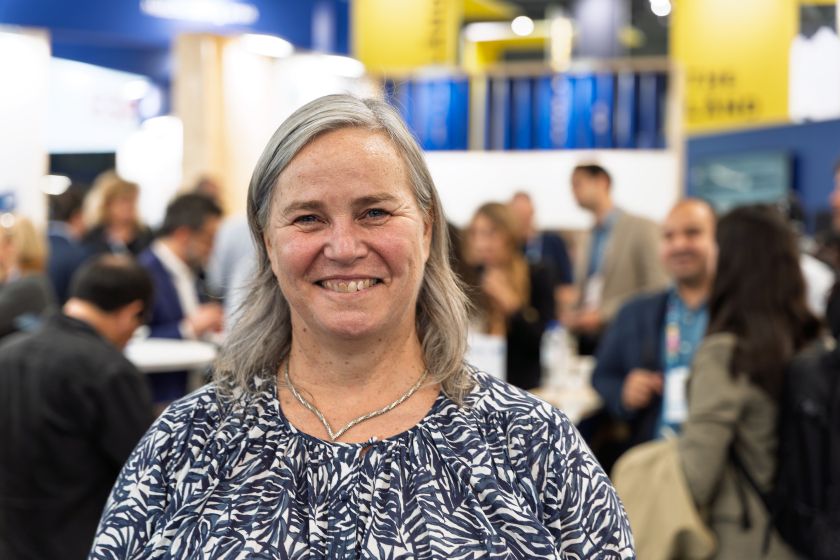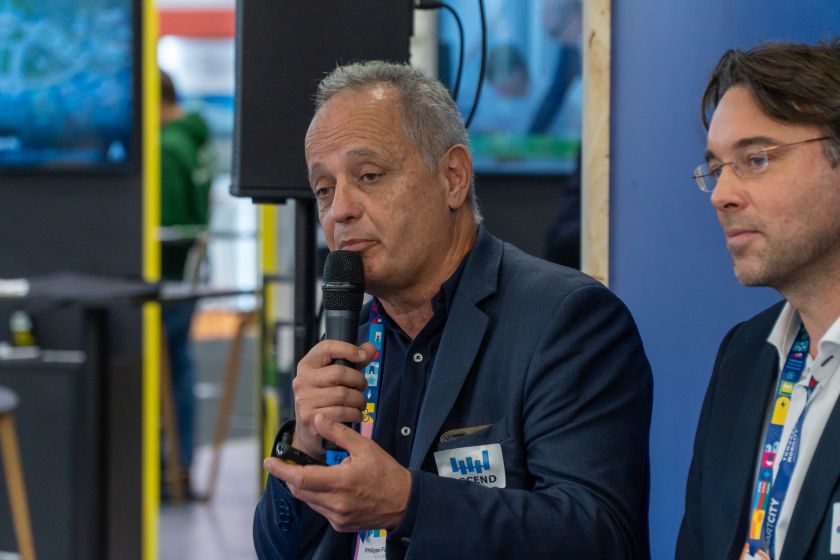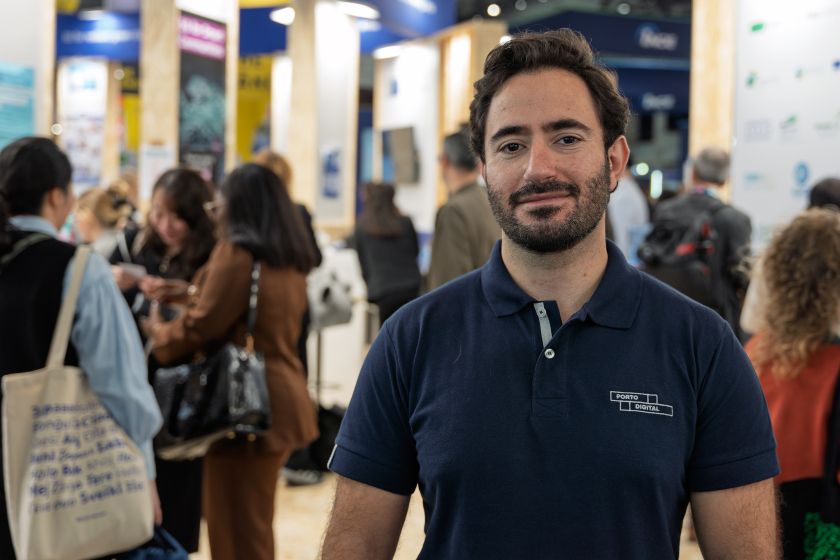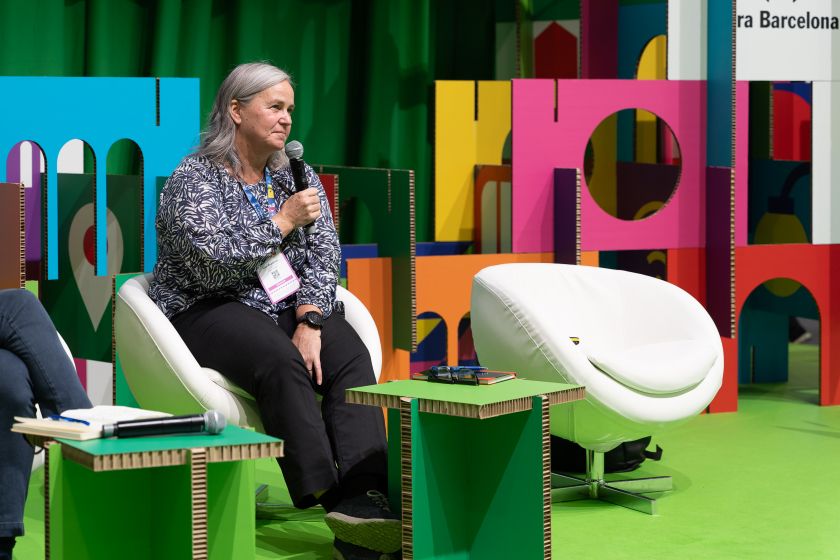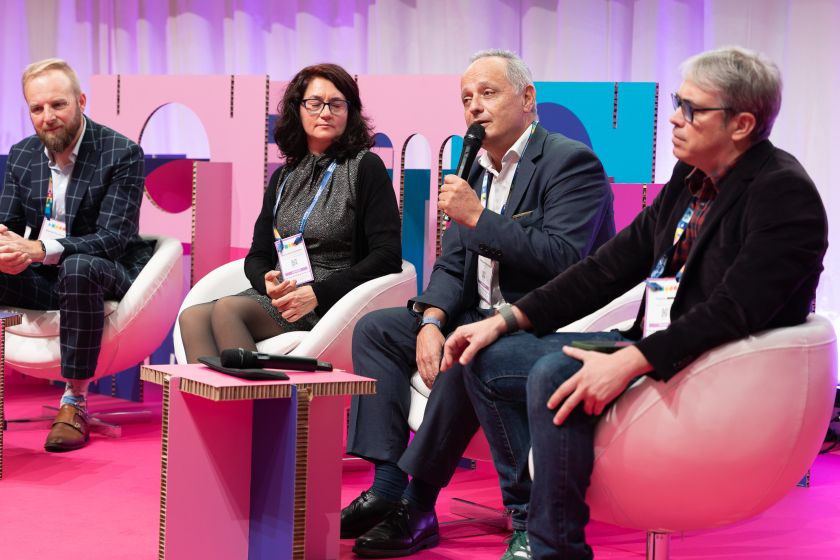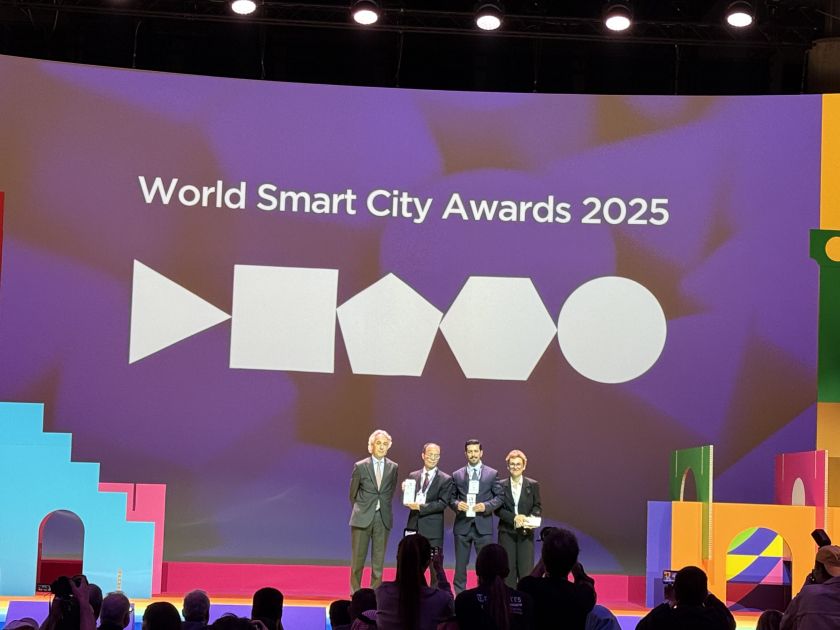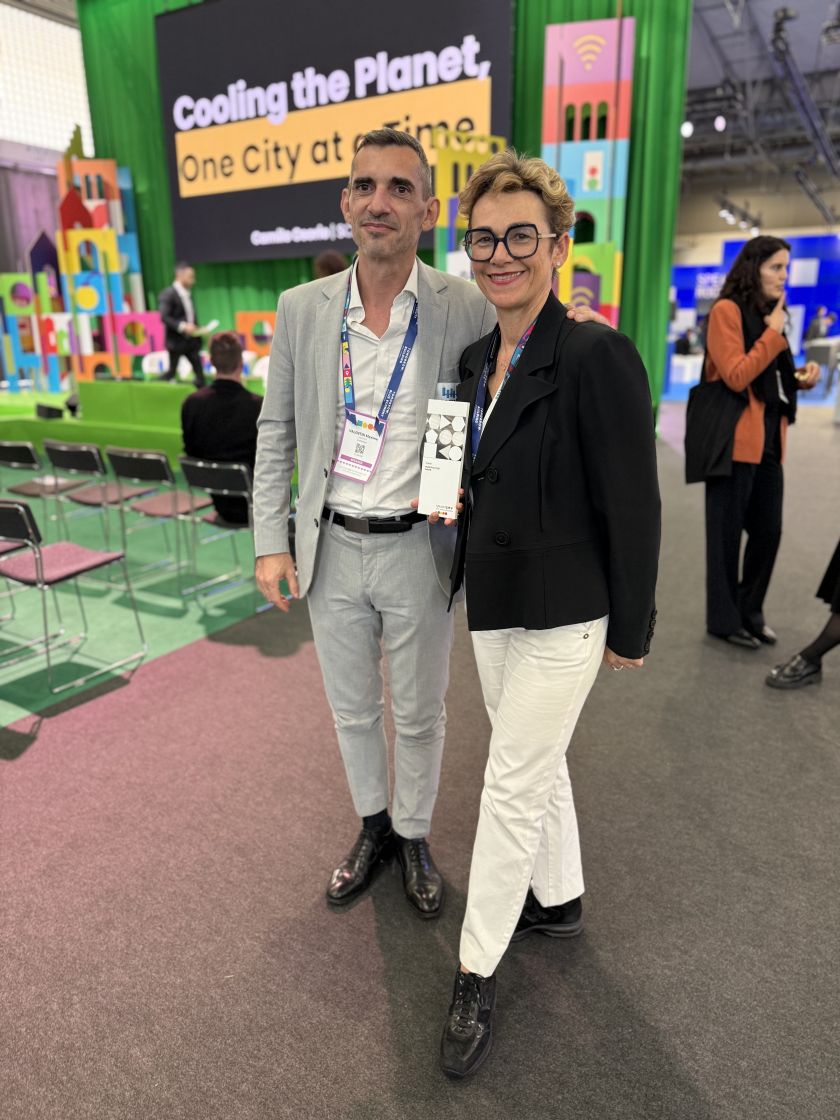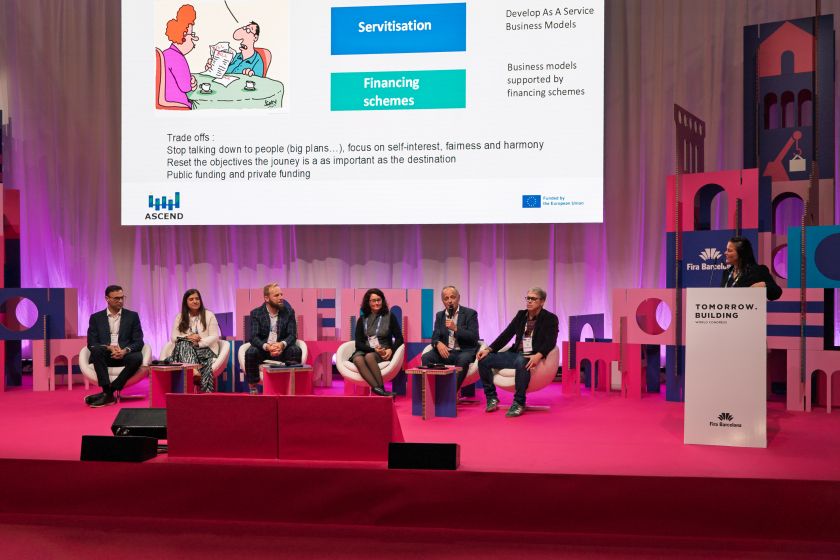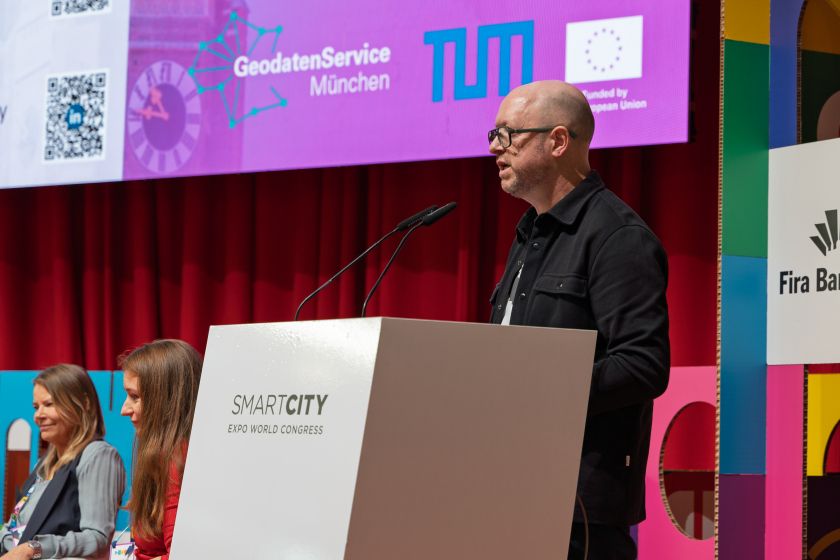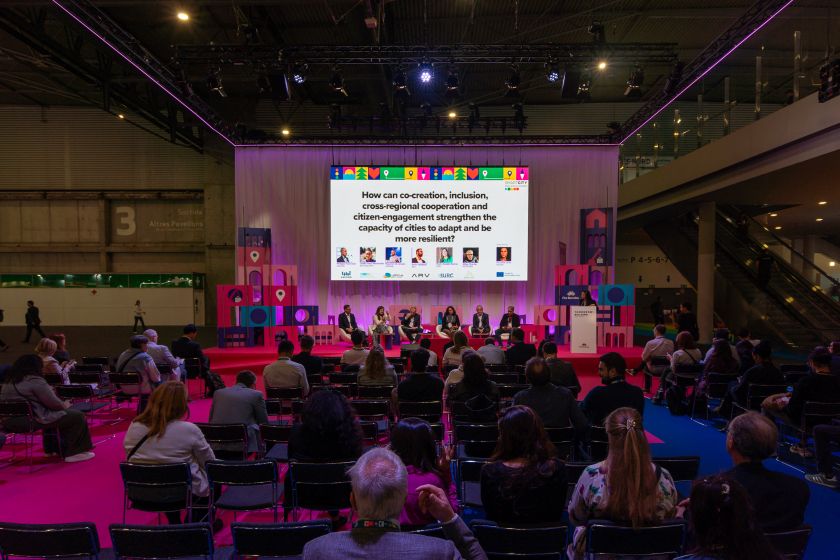Three Days of Collaboration, Innovation, and Shared Purpose
Thank you to everyone who joined ASCEND at Smart Cities Expo World Congress 2025 in Barcelona! Over three days, 27,104 attendees from 143 countries explored urban innovation, climate-neutral cities, and smart solutions across 359 sessions.
We were proud to showcase how ASCEND cities and partners are designing, deploying, and scaling Positive Clean Energy Districts across Europe. After intense and inspiring three days at the Smart City Expo World Congress, one thing is clear: Europe’s climate-neutral transformation is accelerating and cities are leading the way.
Across multiple sessions, booths, and project exchanges, we could see a common thread emerging: digitalisation, people-centered governance, and viable business models are now the decisive trio for scaling Positive (Clean) Energy Districts across Europe.
With tools like the PCED Business Model Assembler, and its digital card game version, and integrated digital workflows, ASCEND is not only testing solutions, it is designing scalable, investable, climate-positive districts across Europe.
Thank you to all the speakers, cities, partners, and attendees for your contributions and support!
Day 1 - November 4th
Making Urban Governance Participative, Impactful and Replicable - PHILIPPE FOURNAND (Blue-Sight Conseil, ASCEND) with Caroline Cheng (Green Deal ARV), Jeroen Brouwer (AtelierH2020), and Cecilia Sanz Montalvillo (NEUTRALPATH project), explored how participatory governance empowers citizens and strengthens urban innovation ecosystems.
Digital Innovations for Urban Energy Transition and Positive Energy Districts - Philippe Fournand presented on how AI, digital twins, and smart energy platforms transform Positive Energy Districts.
Cities Climate Impact Investment Fund Workshop - The workshop brought together cities and investors to define financing needs, viable asset classes, and bankable models for climate-neutral solutions. They explored how to aggregate demand, de-risk projects, and mobilise private capital to scale investments such as retrofits, PV, e-mobility, and district energy.
ASCEND – Digital Blueprint for Planning Energy Communities - Adeeb Sidani (Porto Digital) and Alanus von Radecki (DKSR) demonstrated how Porto uses spatial data and digital platforms to design Renewable Energy Communities.
Designing a PCED: How Digital Twin and AI Tools Are Used in Munich - Our Lighthouse city Munich and the representatives from Landeshauptstadt München: Konstantin Brenner, Markus Mohl, and Andreas Baernreuther, together with Khaoula Kanna from Technical University of Munich, presented how digital twins and AI tools are transforming energy planning, helping cities like Munich turn data into real-world impact.
Day 2 - November 5th
European Cities and GenAI: Examples, Challenges and Opportunities - Markus Mohl (City of Munich), shared real-world applications of GenAI for citizen services and urban governance.
Future-Proofing Cities: Sustainable Innovations for Liveable Urban Spaces - Philippe Fournand explored governance, co-creation, and scaling strategies for resilient, inclusive cities and discussed how cities can build resilience amid rapid demographic, climate, and geopolitical shifts. Philippe was joined by Cecilia Sanz Montalvillo (NEUTRALPATH) Maarten De Groote (oPEN Lab), Gilles Charles (RESPONSE), Amin Haddadi (Green Deal ARV) and Marta Epelde Merino (IURC). The session was moderated by Veronika Cerna (Twenty Communications, ASCEND).
Clean Energy Revolution: Stockholm’s Approach to Energy & Urban Environment - Lisa Enarsson (Stockholms stad) highlighted climate-positive strategies in Stockholm, deploying innovation, citizen engagement, and governance models within the framework of net-zero ambitions.
Governance for Smarter Growth: Innovation and Digital Futures - Veronika Cerna discussed digital innovation and governance for smarter, sustainable urban growth. Building on the Business Model Assembler developed by Monica Barroso and Selina Lorenz (University of St. Gallen), the team created a digital sandbox that lets cities test scenarios, simulate governance and financing choices, and compare pathways using a familiar business model canvas. It enables cities to iterate risk-free and involve key stakeholders early in the process.
Day 3 - November 6th
Urban Resilience in Action: Green and Adaptive Strategies - Gwenaelle Carfantan (Kintsugi-LowCarbon), showcased Lyon’s UrbanThink digital twin and adaptive strategies for resilient cities. Lyon Confluence is the first Positive Energy District in Europe to be monitored in real time through a digital twin. The Digital Twin, designed by UrbanThink Platform, was selected from hundreds of projects as one of four finalists for the SCEWC2025 Energy & Environment Award.
Digital Twins for Climate-Neutral Cities: PEDs in Action Across Europe - Maxime Valentin (SPL Lyon Confluence, ASCEND) participated on the panel moderated by Veronika Cerna and joined by Shahrzad Pour (BiPED), Luke Bojcev (NEUTRALPATH), Benedetta Barchi (TIPS4PED), and Valdis Ratniks (ExPEDite) demonstrating how AI and digital twins accelerate Positive Energy Districts across Europe.
